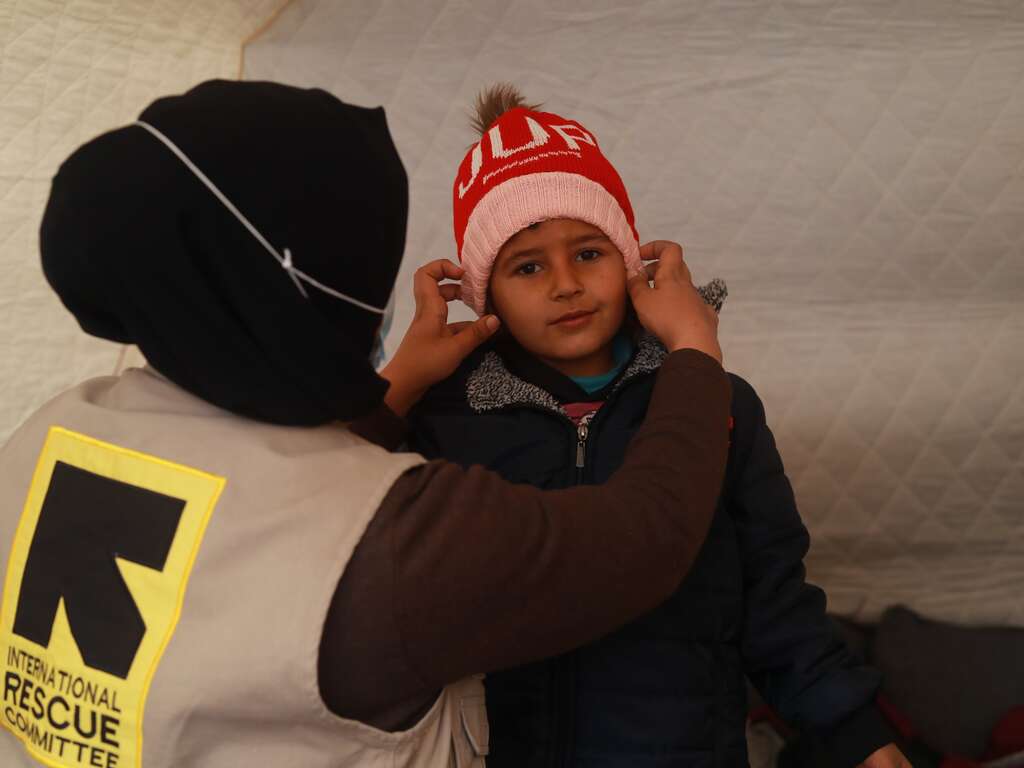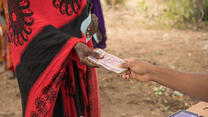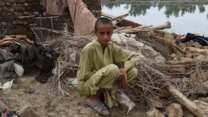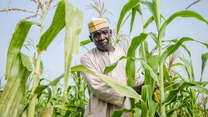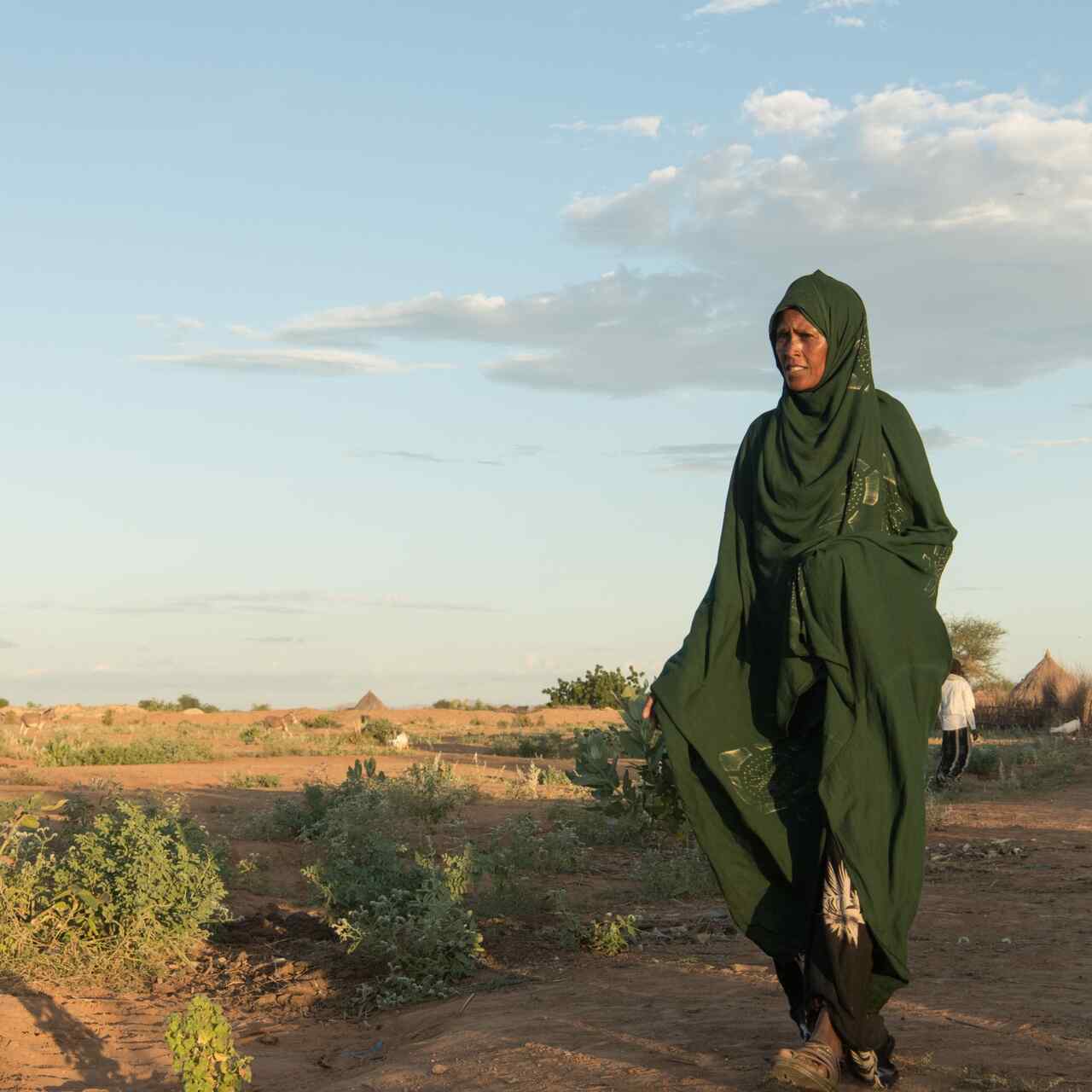
Nurad’s life was upended when water engulfed her home. She escaped with her children, but lost her home, her farm and her livelihood. Using cash assistance, Nurad can feed her family and begin to rebuild her life.
Nurad remembers fearing for her life when floodwaters entered her family home.
“We screamed, and I held the children's hands. I did not think of carrying anything else with me. I just wanted to escape with the children. I didn't even think I would live.”
She escaped, pulling her children to safety, and the family was rescued from the deluge. But Nurad had lost her farm, her livestock and her livelihood.
Floods caused widespread destruction across Ethiopia in early 2023. In the Somali region alone, 45 lives were lost and over 35,000 households displaced. In addition, 23,000 livestock died, and 99,000 hectares of farmland were destroyed.
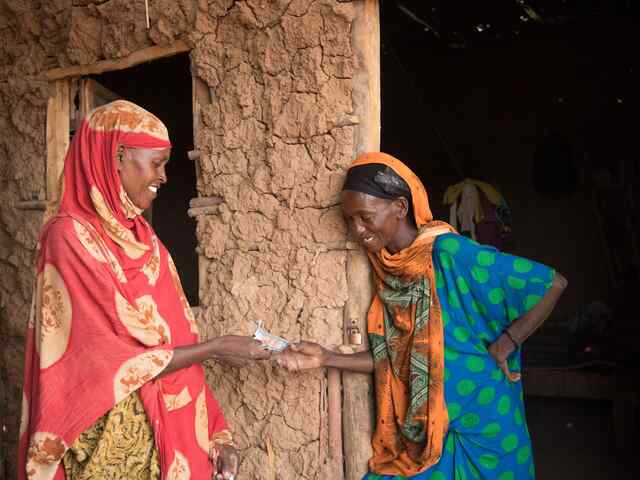
Nurad is now living in a camp for internally displaced Ethiopians in East Imi region. She uses cash assistance provided by the IRC. With this she can purchase food and supplies in the local town for her children. “I’ll buy them milk since I don’t have livestock. I’ll buy them beans. I’ll buy them maize.
Cash assistance is more useful to Nurad than other forms of emergency aid, such as food, water and medical supplies. “When people receive cash assistance, they are completely free to establish their own priorities - not only choosing if they want to buy food, water or go to the hospital but also deciding what kind of food they are buying.” Stefano Battain, Deputy Director of Cash and Markets at the IRC suggests that “this is more dignifying and also has the advantage of contributing to the local economy.”
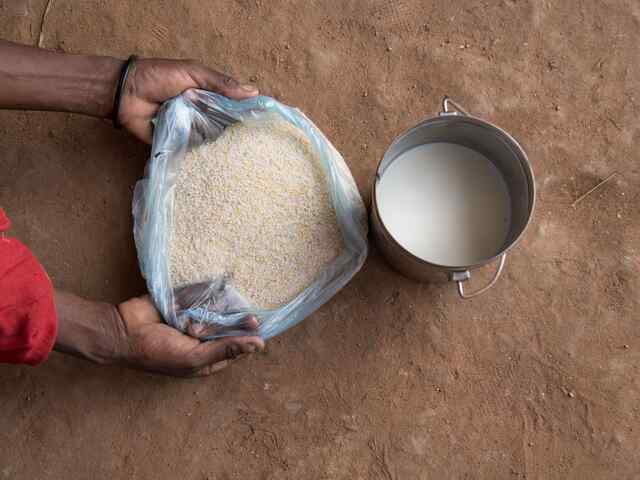
Having enough food for her family means Nurad can begin to think about how she can return to farming and providing for her family again: “I would need motors and carts,” she explains. “I would use motors for irrigation. That water is for farming and watering.”
She has dreams for her children too. “To go to school and become educated and live good lives.”
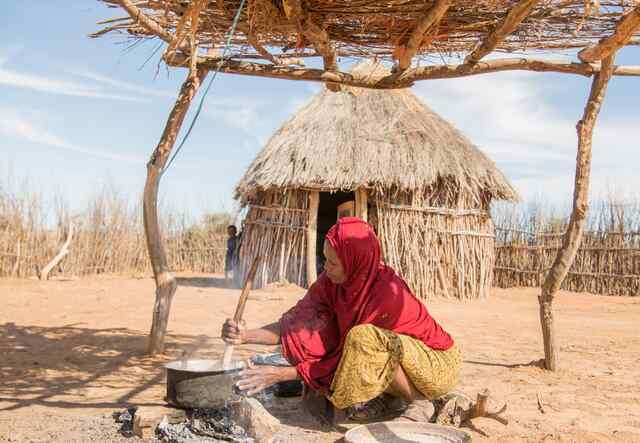
From drought to floods
In Ethiopia, families like Nurad’s are facing the impacts of climate change, which is causing more frequent and severe drought followed by flash floods.
Nurad had been struggling to grow crops on her farm due to three years of extreme drought in her region. When heavy rains finally hit in May 2023, the soil was too dry to absorb the precipitation, causing flash flooding that submerged homes, fields and livestock.
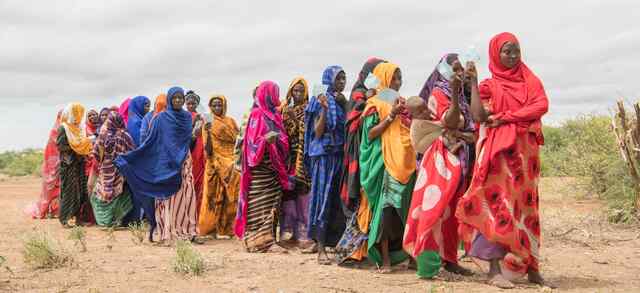
Why does the IRC deliver cash assistance?
Cash assistance means providing monetary relief to people who have experienced crisis or disaster. Cash is being delivered more frequently as a form of aid because of the benefits it brings to recipients and the local economy. It has also been shown to be more efficient than providing in-kind aid (like shipping in food, water, and medical supplies).
In 2022 alone, the IRC distributed $109M USD in cash or vouchers in over 30 countries, reaching over 1.4 million people.
Before the floods: Anticipatory cash assistance
Cash assistance helps those affected by crisis. But many natural disasters are predictable and it is possible to give assistance before disaster strikes. Research by the IRC in Nigeria has shown that anticipatory cash transfers help people prepare and alleviate the impact of climate disasters like floods.
About the IRC
The International Rescue Committee (IRC) helps people affected by humanitarian crises to rebuild their lives. Founded in 1933 at the call of Albert Einstein, we now work in over 50 crisis-affected countries.
